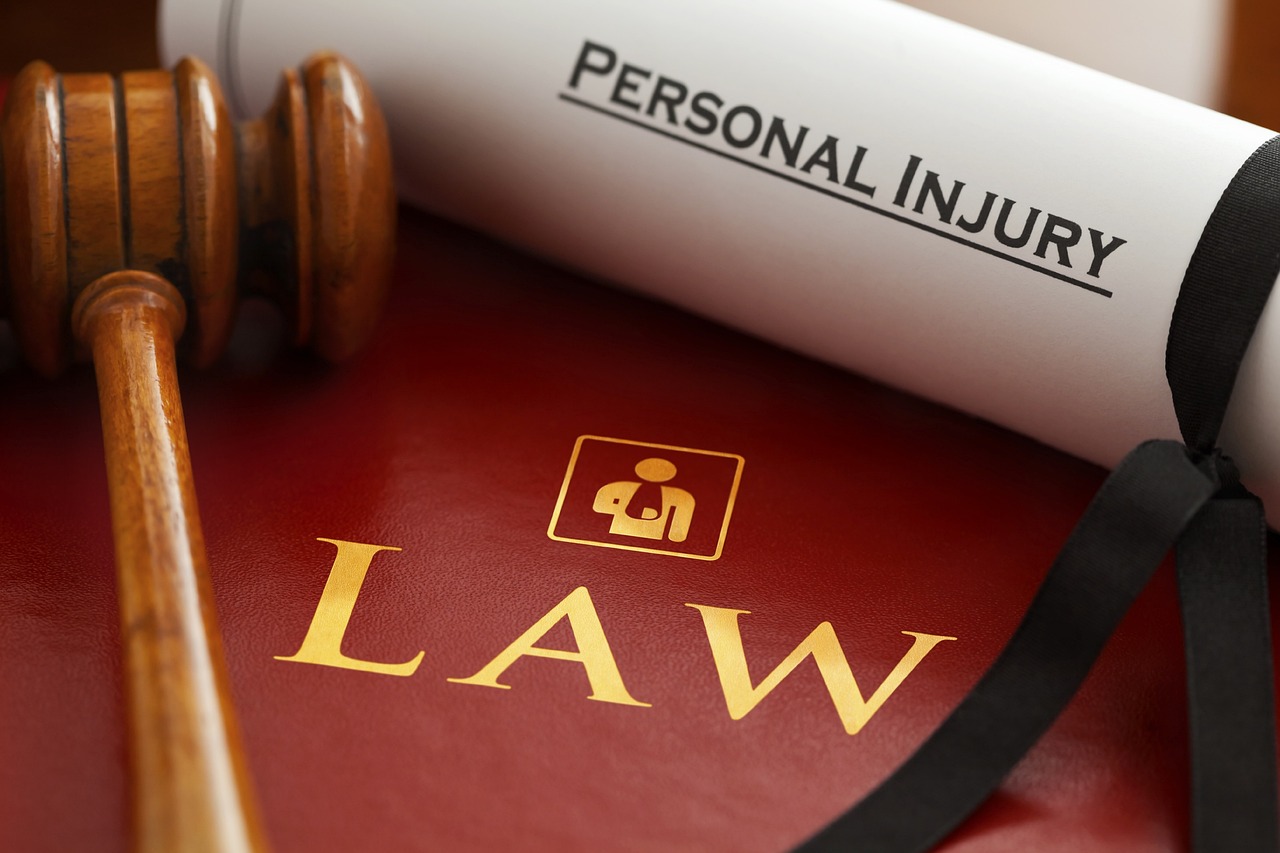How Can You Maximize Compensation in Your Personal Injury Settlement?
Suffering a personal injury can feel like being lost in a maze, but remember: the aim is not just to get out, but to find the most rewarding path. After an accident, seeking legal help — this is your first signpost towards a fair settlement. The bustling city of Chicago, known for its dynamic pace, is no stranger to personal injury cases, and understanding the proper steps to maximize your compensation is essential. This article will guide you through the subsequent steps you should consider to navigate this complex journey and achieve the compensation you deserve effectively.
- Act Quickly and Document Everything
In personal injury cases, time is a valuable asset you cannot afford to waste. This urgency is magnified when considering the diverse landscape of personal injury cases.
The Department of Justice provided a breakdown of the various types of personal injury cases, revealing that 52% result from Car Accidents, 15% from Medical Malpractice, 5% from Product Liability Issues, and 28% from Other Causes.
Each category represents a unique set of circumstances that necessitate swift action to gather evidence, consult professionals, and ultimately seek the rightful compensation you deserve.
- Contact Authorities: Reporting the incident to the police or relevant authorities isn’t just procedural—it’s pivotal. An official event record serves as irrefutable evidence, lending credibility to your claim.
- Gather Evidence: Use your smartphone to capture photographs of the scene, any visible injuries, and damaged property. Visual aids can paint a compelling picture that strengthens your case.
- Witness Accounts: Witnesses are like narrative anchors that can either validate or refute your claim. Collect their contact details and, if possible, record their statements.
- Documentation: Store all the information, from medical records and police reports to witness statements, in a well-organized digital or physical folder.
- Get a Professional Medical Evaluation
Your health isn’t just a personal asset—it’s your most compelling piece of evidence. A professional medical evaluation is indispensable to quantify your injuries’ severity properly.
- Immediate Medical Attention: Even if you feel fine, seek immediate medical attention. Injuries like internal bleeding or concussion may not exhibit immediate symptoms.
- Follow-Up Visits: Consistency in medical records can greatly enhance the credibility of your claim. Continue with all recommended treatments and therapies, and keep every appointment.
- Keep Receipts: All payment invoices, prescriptions, and other transactional records must be safely stored. They serve as quantifiable evidence of your financial expenditures due to the injury.
- Doctor’s Notes: A doctor’s prognosis can offer insight into the potential long-term impact of your injuries, affecting the value of your claim.
- Consult a Skilled Personal Injury Attorney
Navigating the legal system without professional guidance is like sailing through a storm without a compass. You’re likely to get lost and even destroyed.
- Expert Assessment: An experienced attorney can dissect your case, identifying its strengths and weaknesses.
- Legal Strategy: Working in collaboration with your attorney, establish a legal approach tailored to maximize your compensation.
- Costs and Fees: Legal services are seldom free. Have an open discussion about fees and payment structures to ensure they align with your financial capability.
- Be Strategic About Your Demands
Navigating the process of securing your settlement requires strategic foresight and careful planning. It’s essential to anticipate the possible actions and reactions of the other parties involved, particularly the insurance company. A nuanced understanding of legal procedures, documentation, and timing can significantly impact the outcome
- Calculate Costs: Factor in medical bills, lost wages, emotional trauma, and future healthcare costs.
- Start High: Aim high in your initial demand, but be realistic about what you’re willing to accept.
- Pain and Suffering: Don’t overlook emotional or psychological damages. These should also be part of your claim.
- Have a Minimum: Know the lowest offer you’re willing to accept before negotiations start.
- Don’t Rush to Settle
Speed may be thrilling, but haste often makes waste.
- Consult Your Attorney: Always take legal advice before accepting or declining an offer.
- Weigh Pros and Cons: Consider the short-term and long-term implications of the settlement offer.
- Review Offers: Multiple offers may come in; review them carefully, and don’t jump at the first one.
- Check for Clauses: Ensure you understand every clause and term in the settlement offer.
- Be Prepared to Go to Court
Sometimes, you’ve got to roll up your sleeves and fight for what you deserve.
- Gather Robust Evidence: Bring together medical records, expert testimonies, and all pertinent documents.
- Court Etiquette: Learn the basics of how to behave and what to say in court.
- Mock Trials: Some attorneys practice mock trials to prepare you for the real thing.
- Be Mentally Prepared: Court proceedings can be long and exhausting; brace yourself mentally for the journey ahead.
After an accident, seek legal help, especially if you go to court. Navigating the intricate web of a personal injury settlement in Chicago is not just about finding a way out; it’s about finding the best possible way out.
These comprehensive steps, buttressed by timely legal guidance, can pave the way for maximum compensation. This isn’t just about getting back to where you were before the accident; it’s about making the most out of an unfortunate situation and securing your future.

